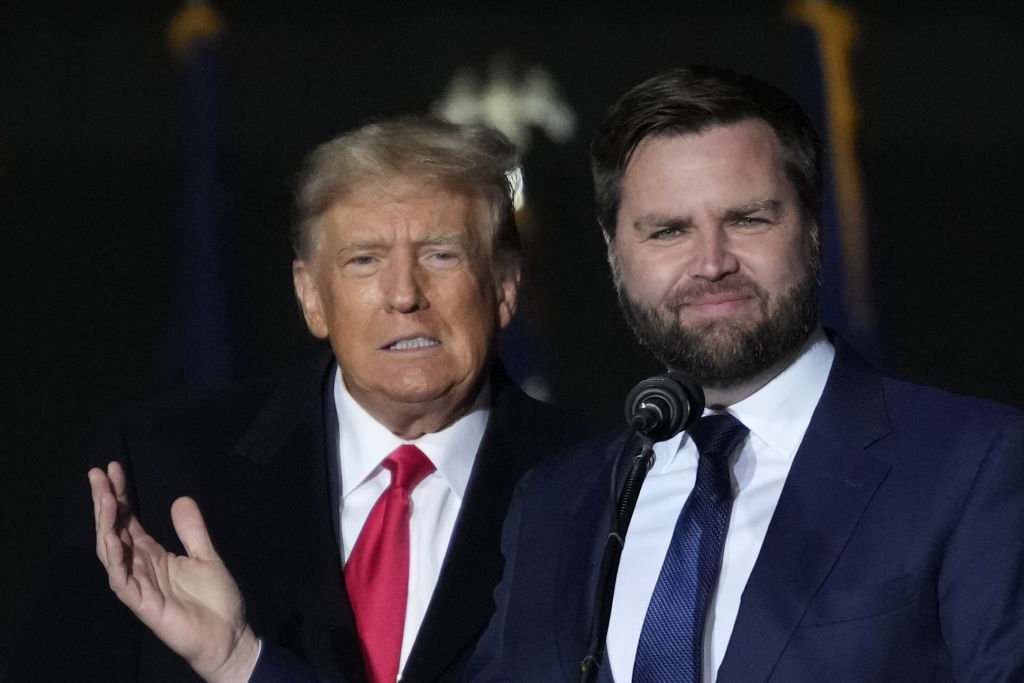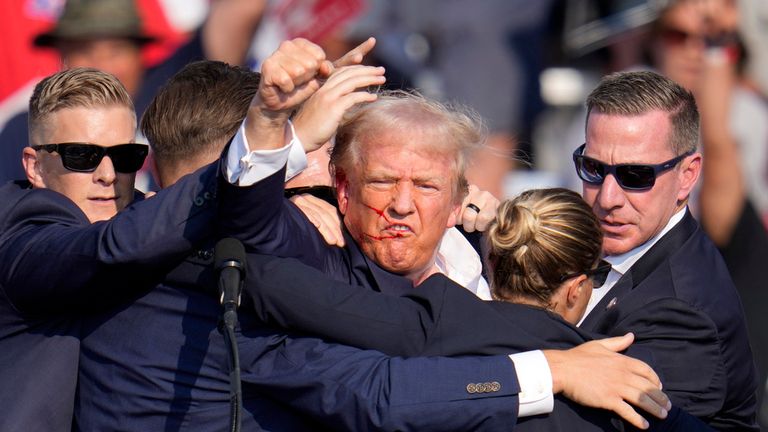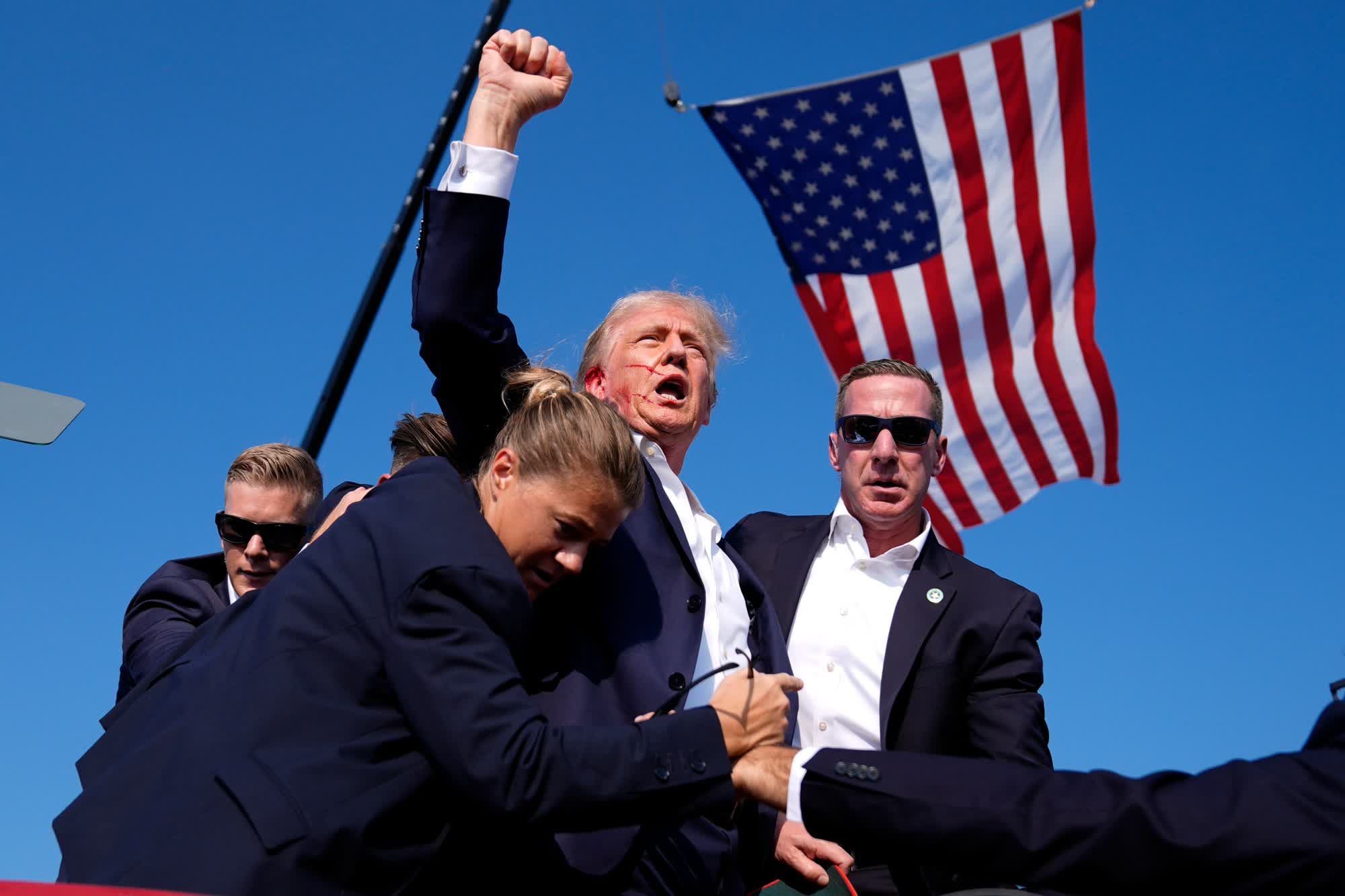As India Gears Up for the World’s Largest Elections, Parties Embrace AI for Innovative – Yet Risky – Tactics
In New Delhi, India, as voters lined up early on November 30th of last year to cast their ballots in the legislative elections determining Telangana’s next government, a seven-second video began circulating rapidly on social media platforms.
Uploaded by the Congress party, which was in opposition nationally but active in the state at the time, the video depicted KT Rama Rao, a prominent figure of the ruling Bharat Rashtra Samiti in Telangana, urging citizens to support the Congress party.
The Congress disseminated it widely across various WhatsApp groups, which were “unofficially” managed by the party, as revealed by a senior leader who spoke on condition of anonymity. Eventually, the video made its way to the party’s official account on X, garnering over 500,000 views.
However, it was a fabrication.
“Indeed, it was AI-generated, though remarkably authentic in appearance,” disclosed the Congress party leader to Al Jazeera. “Yet, an average voter wouldn’t discern the deception; with voting already underway when the video surfaced, there was insufficient time for the opposition campaign to counteract the damage.”
This strategically timed deepfake incident serves as a stark example of the surge in AI-generated or manipulated media that has tainted recent elections in various Indian states, posing a significant threat to the upcoming general elections.
Between March and May, India’s nearly one billion voters will determine the composition of the next national government in what constitutes the world’s largest and historically unprecedented electoral exercise. Concerns over the dangers posed by deceptive AI-generated media gained global attention when fabricated sexually explicit images of the artist Taylor Swift circulated on social media platforms in January. In November, India’s Information Technology Minister, Ashwini Vaishnaw, labeled deepfakes as a “threat to democracy,” a sentiment echoed by Prime Minister Narendra Modi.
Yet, with the proliferation of user-friendly artificial intelligence tools, political teams across India, including Modi’s Bharatiya Janata Party and the Congress, are increasingly resorting to deepfakes to sway voters, as disclosed by managers of nearly 40 recent campaigns to Al Jazeera. While some AI tools for generating deepfakes are freely available, others can be accessed through subscription services for as little as 10 cents per video.
‘Shaping Perceptions’
The BJP, widely regarded as India’s most technologically adept political party, has pioneered the use of illusions in its campaigning efforts. As early as 2012, the party employed 3D hologram projections of Modi, allowing him to “campaign” simultaneously in numerous locations. This strategy was extensively utilized during the 2014 general elections, propelling Modi to power.
While these tactics involved minimal deception, in February 2020, Manoj Tiwari, a BJP Member of Parliament, became one of the world’s first politicians to employ deepfakes for campaigning purposes. Tiwari released three videos addressing voters in Delhi ahead of the capital’s legislative assembly elections, each delivered in Hindi, Haryanvi, and English, respectively, targeting three distinct linguistic audiences in the multicultural city. While the Hindi video was authentic, the other two were deepfakes, with AI generating Tiwari’s voice and scripting his words, as well as altering his facial expressions and lip movements to an extent where they appeared almost indistinguishable from genuine footage upon casual viewing.
“In recent months, the Dravida Munnetra Kazhagam (DMK), which governs the southern state of Tamil Nadu, has leveraged AI technology to resurrect its iconic leader M. Karunanidhi, employing lifelike videos of the former movie writer and veteran politician at campaign events.
Now, consultants and campaign managers predict that the 2024 elections could escalate the use of deepfakes even further.
“Politics revolves around shaping perception; with AI tools for voice and video modulation, a mere click can completely alter perception within minutes,” stated Arun Reddy, the national coordinator for social media at the Congress, who spearheaded the party’s tech-savvy campaign in Telangana. Reddy mentioned that the team is brimming with ideas to integrate AI into campaigning but lacks the necessary “trained personnel” to execute them all.
Reddy is bolstering his team – a move echoed by other parties.
“AI will significantly impact narrative creation,” Reddy emphasized. “Political content manipulated by AI will proliferate exponentially, far more than ever before.”
‘Campaigns are Taking an Unusual Turn’
From the desert town of Pushkar in western India, 30-year-old Divyendra Singh Jadoun operates an AI startup called The Indian Deepfaker. Established in October 2020, his company cloned the voice of Ashok Gehlot, the Congress’ chief ministerial candidate in Rajasthan, enabling personalized messages addressed to individual voters via WhatsApp during the November assembly elections. The Indian Deepfaker is currently collaborating with Sikkim’s Chief Minister Prem Singh Tamang’s team for holographic presentations during upcoming campaigns. Situated in the Himalayas between India, Bhutan, and China, Sikkim is one of India’s smallest states in the northeast.
Jadoun delineated between the legitimate, official work his company engages in and the influx of what he terms “unethical requests” from political campaigns. “Political parties indirectly reach out via international numbers on WhatsApp, burner handles on Instagram, or through connections on Telegram,” Jadoun disclosed in a phone interview with Al Jazeera.
During the November elections, his company rejected over 50 such requests, he revealed, where potential clients sought videos and audio altered to target political adversaries, including with explicit content. As a startup, Jadoun emphasized the importance of steering clear of legal entanglements. “It’s a profoundly unethical use of AI,” he stressed. “However, I’m aware of many individuals offering such services at very low prices, readily available now.”
Throughout the election campaigns for the state legislatures of Madhya Pradesh in central India and Rajasthan in the west last November, law enforcement filed numerous cases related to deepfake videos targeting senior politicians, including Modi, Shivraj Singh Chouhan, Kailash Vijayvargiya (all BJP), and Kamal Nath (Congress). The production of deepfake content is often outsourced to private consulting firms, which utilize social media networks for distribution, primarily through WhatsApp.
A political consultant, speaking on condition of anonymity, informed Al Jazeera that ordinary citizens’ phone numbers, with no public profiles, are enlisted on WhatsApp to obscure their ties to parties, candidates, consultants, and AI firms.
This consultant managed six campaigns in assembly elections last year for both the BJP and Congress. “In Rajasthan, we utilized phone numbers of construction laborers to operate our WhatsApp network,” they disclosed, “where deepfakes were predominantly circulated.”
Meanwhile, AI-altered audios serve as potent tools in smaller constituencies, “targeting candidates with fabricated call recordings discussing ‘black money’ for elections or issuing threats to secure votes,” the consultant elucidated, noting that their own candidate was targeted with such a recording. These recordings typically feature manipulated voices of candidates to frame them as evidence of corruption.
“None of the parties consider manipulating voters via AI as unethical,” they asserted. “It’s simply regarded as a component of the campaign strategy.”






